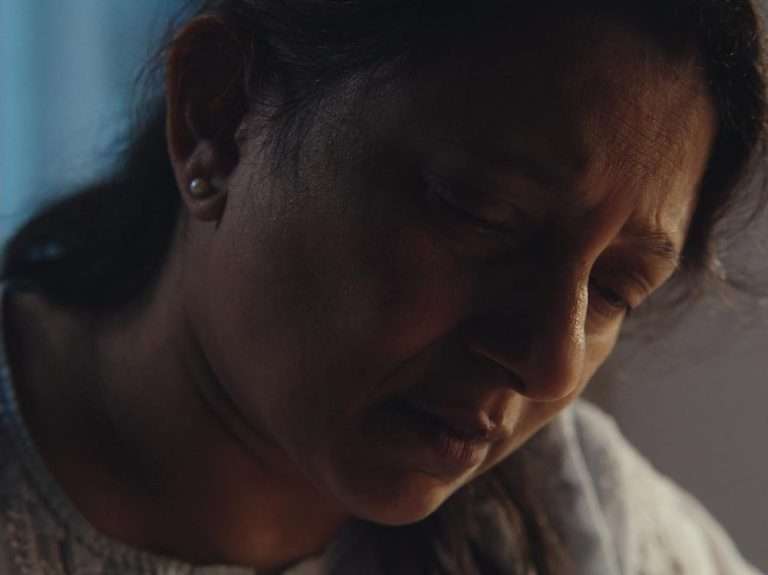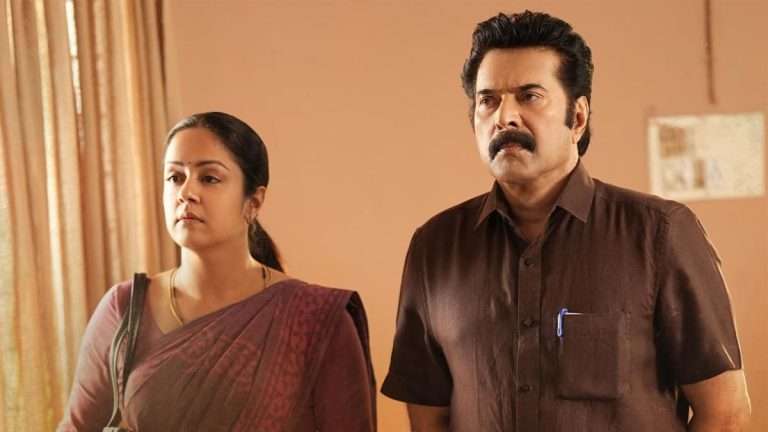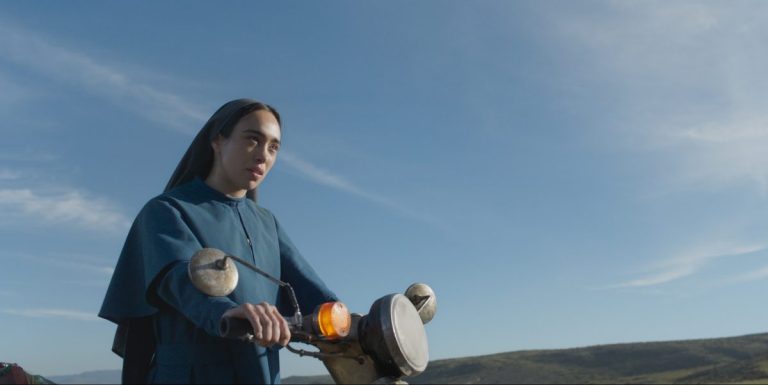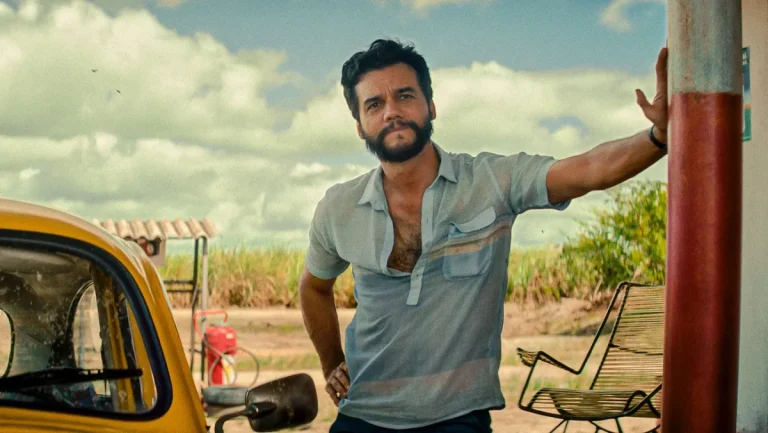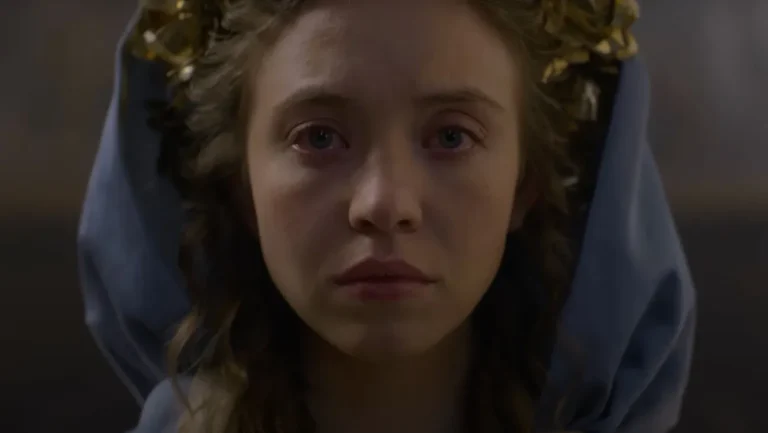This year’s Directors’ Fortnight lineup at Cannes is among the most invigorating, freshly imagined, and stunningly provocative in years. Granted, it has always been stacked with discoveries, yet to go from Brand New Landscape to The President’s Cake to Militantropos is a rich bounty. Each has a distinctive presence of its own, despite harking to familiar registers, stories, and generic predispositions. “Militantropos” is among a fast-mushrooming breed of bravura Ukraine documentaries that walk right into the middle of the warzone.
But it’s not so much about the raining bombs as the hollowing out of landscapes, regular citizens wrangling to put back their lives together in the wake of unimaginable tragedy. Defined as the state of an individual entering war, “Militantropos” probes a collective consciousness that has been put through an endless trial of violence, trying to comprehend an anchorage within it and slipping. Debris is as organic to panoramas rolling through the film as a mist of sorrow.
Directed by Yelizaveta Smith, Alina Gorlova, and Simon Mozgovyi, the Tabor collective, “Militantropos” opens arrestingly. Plumes of smoke and ash coagulate into a discomfiting whole, accentuated with reminders that the Russian occupation of Ukraine has just begun. But the film moves beyond timeline-bound commitments to bracingly push into the soul of a country, trapped in a limbo of deadly uncertainty. A pall of silence drapes many sites, now desperately abandoned. Absurdity isn’t far behind as well — a group of Ukrainians amusedly poke through discarded Russian tanks on the streets, playing with them like it’s a spectacle.
It’s a polyphony of visions and everyday tidbits the film takes us through, interposed between occasional calm and disruption. A chill gathers deep within as we watch. The horrors aren’t just wrenching, they hit with numbing blows into the very core of our collective experience. The film acutely understands how war bleeds into the human psyche so deeply and inexorably, there’s no separation. Static images are textured with rigorous sound design, which conveys a fracturing, jolting sense of atmosphere.
The directing trio isn’t interested in linear, programmatic delineations. There’s never an impulse to narrativize, assemble threads, put together something neat, easily digestible. “Militantropos” has no desire to crank up intrigue serving hollow ends, or dole out a simple platter of devastation. There are no easy markers here. We are thrown into the deep end, asked to inhabit on a granular, psychological level what the battered Ukrainians undergo. We hurtle from intensive military training to forests doubling as cemeteries to trains spilling with rushing people escaping bombed cities, rites of evacuation. Pack the essentials, the bare minimum, and file onto the evacuation trains. People are trained to handle guns and combat.
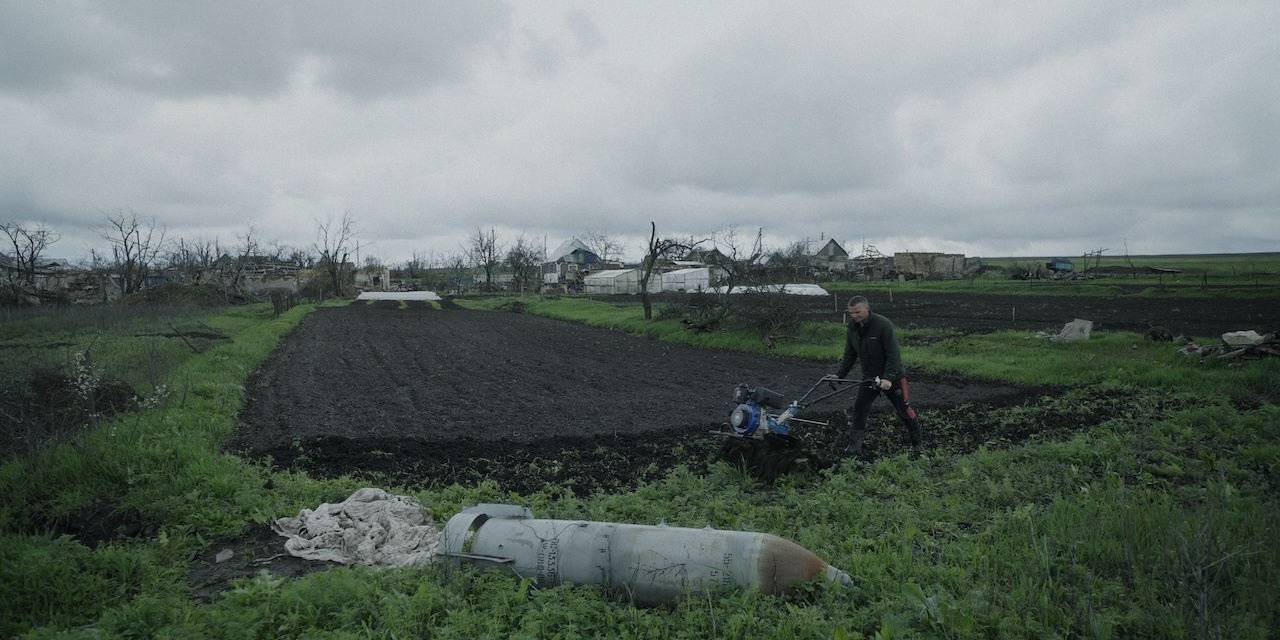
Rather, as destabilising wartime is, the film spins across a country in its shadow, people struggling to gather coherence within it. War cuts through the fabric of reality, yet people are expected to go back and pick up the residues of their lives and fall back into routine. How do they speak of, represent their experiences? How does the language of grief and vivid disorientation take shape when all that’s permitted is to shoot back into daily life the minute things seem relatively stable?
There are no clear-cut answers, only a string of missteps possibly leading to a few shards of supposed normalcy. Individuals and the larger communities are threaded together- civilians, soldiers, enemies. Emphasis is cast on the ordinariness with which the most outrageous, ghastly things happen, are allowed to go on, and wreck lives. It seems timeless, as if nobody can call a halt to it.
Sporadically, carnage subsides, mundane life resumes. War in this place isn’t a one-off aberration but woven into everyone’s breath. Inextricable from survival are attempts at forging some kind of life from the impossible. The film doesn’t subscribe to the frenzy of war, but tiptoes into capturing the specific condition of men, women, and kids all endure in such times. Even the joy of weddings is on borrowed time. Soon after, husbands leave to serve on the frontlines.
Resolution, a re-emergence from the debris of the war, demands time, due attention. The path to it is rocky. Whatever anyone does to salvage, they will skid off. Through all these, the bunch of DPs – Khrystyna Lizogub, Denys Melnyk, and Vyacheslav Tsvetkov – portrays images of brutality and beauty, couched in the everyday. They shift through haunted, desolate landscapes.
Melnyk also shot one of this year’s other standout docs, Gar O’Rourke’s CPH:DOX-screened, visually striking, wondrously humane “Sanatorium,” a portrait of a Ukrainian wellness resort. Here, there are vistas of fields, parks, people tilling the land even as violently tenuous everything seems. War remains a lingering, disquieting presence in the background while civilians seek to reconstruct. Deeply watchful, “Militantropos” never presses its points. It trusts us to gauge what it transmits: still tableau of discomfiting intimacy with wartime ‘normalcy’.



![Dream Girl [2019] Review: An Eminently forgettable Dream](https://79468c92.delivery.rocketcdn.me/wp-content/uploads/2019/09/dream-girl-movie-review.jpg)
